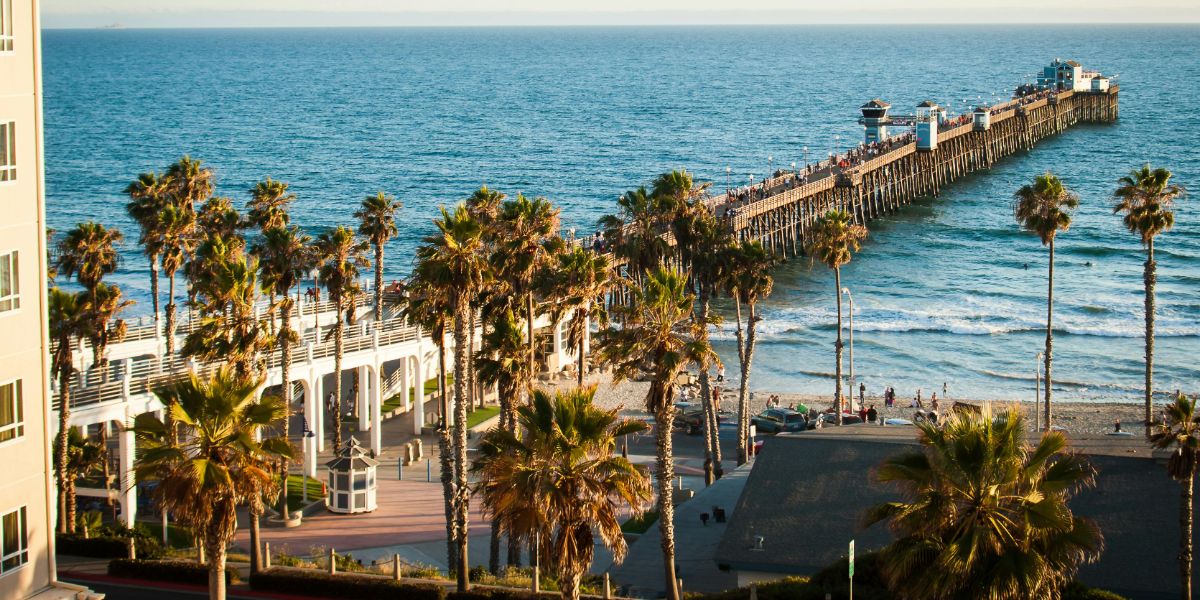How do Beaches Contribute to Mental Health Recovery?
The role of beaches in mental health recovery is multifaceted. Beach environments offer a calming and therapeutic atmosphere, which can reduce stress and anxiety. The sound of waves, the feel of sand, and the sight of the ocean can help lower cortisol levels and promote relaxation.
- The calming effect of beaches is due to the soothing sounds of waves, the tactile sensation of sand, and the visual appeal of the ocean. These elements work together to lower stress hormones and induce a state of relaxation.
- Beach environments are inherently therapeutic, providing a serene setting that can help alleviate mental stress and anxiety.
- The sight of the ocean, in particular, has been found to have a calming effect on the mind, promoting a sense of peace and tranquility.
What Role does Physical Activity on Beaches Play in Mental Health?
Beaches provide opportunities for physical activities such as beach walks, runs, yoga, and surfing. These activities not only support physical health but also promote emotional well-being and help manage stress.
- Physical activities on the beach, such as walking, running, or yoga, can have a positive impact on both physical and mental health.
- Engaging in physical activities on the beach can help manage stress levels and promote emotional well-being.
- Activities like surfing not only provide a physical workout but also offer a unique form of therapy known as ‘blue therapy’.
How does the Beach Environment Encourage Reflection and Growth?
The vast horizon of the ocean offers a metaphor for personal growth and recovery. The setting encourages reflection on past, present, and future, helping individuals set new goals in recovery.
- The expansive view of the ocean can serve as a metaphor for personal growth, encouraging individuals to reflect on their past, present, and future.
- The beach environment fosters a sense of tranquility that can aid in personal reflection and goal setting.
- The vastness of the ocean can inspire individuals to set new, ambitious goals for their recovery journey.
What is Blue Therapy and How does it Aid in Mental Health Recovery?
Ocean therapy, also known as blue therapy, involves using ocean activities to improve mental health. Surfing, in particular, has been shown to have restorative benefits, enhancing mindfulness, reducing fear and anxiety, and promoting emotional resilience.
- Blue therapy is a form of therapy that utilizes ocean activities to enhance mental health. Surfing is a popular activity in blue therapy due to its restorative benefits.
- Participating in ocean activities can help reduce fear and anxiety, enhance mindfulness, and promote emotional resilience.
- Blue therapy can be a powerful tool in mental health recovery, offering unique benefits that traditional therapy may not provide.
How does the Beach Environment Facilitate Community Building?
Beach settings can facilitate social activities such as beach bonfires, group games, and community meals, fostering a sense of community and connection among individuals in recovery.
- Beach environments are conducive to social activities like bonfires, group games, and community meals, which can foster a sense of community and connection.
- The communal nature of beach activities can help individuals in recovery feel more connected and supported.
- Community building on the beach can play a significant role in mental health recovery, providing a supportive network for individuals on their recovery journey.
How does the Natural Beauty of Beaches Impact Mental Health?
The visual beauty of oceanfront environments inspires positivity and hope. Being in natural settings can elevate mood, promote a sense of well-being, and reduce dependency on conventional mental health treatments.
- The natural beauty of beaches can inspire positivity and hope, contributing to an overall sense of well-being.
- Being in a natural setting like a beach can elevate mood and reduce reliance on conventional mental health treatments.
- The aesthetic appeal of oceanfront environments can have a positive impact on mental health, promoting a sense of tranquility and peace.
How do Environmental Conditions on Beaches Affect Mental Health Recovery?
The effectiveness of beach environments in mental health recovery can be influenced by environmental conditions such as temperature, tide, and air and water quality. Therefore, maintaining access to healthy and diverse natural spaces is crucial.
- Environmental conditions on beaches, such as temperature, tide, and air and water quality, can influence their effectiveness in mental health recovery.
- Maintaining access to healthy and diverse natural spaces is crucial for the therapeutic benefits of beach environments.
- Optimal environmental conditions can enhance the calming and therapeutic effects of beach environments, making them more conducive to mental health recovery.
Britney Elyse has over 15 years experience in mental health and addiction treatment. Britney completed her undergraduate work at San Francisco State University and her M.A. in Clinical Psychology at Antioch University. Britney worked in the music industry for several years prior to discovering her calling as a therapist. Britney’s background in music management, gave her first hand experience working with musicians impacted by addiction. Britney specializes in treating trauma using Somatic Experiencing and evidence based practices. Britney’s work begins with forming a strong therapeutic alliance to gain trust and promote change. Britney has given many presentations on somatic therapy in the treatment setting to increase awareness and decrease the stigma of mental health issues. A few years ago, Britney moved into the role of Clinical Director and found her passion in supervising the clinical team. Britney’s unique approach to client care, allows us to access and heal, our most severe cases with compassion and love. Prior to join the Carrara team, Britney was the Clinical Director of a premier luxury treatment facility with 6 residential houses and an outpatient program




